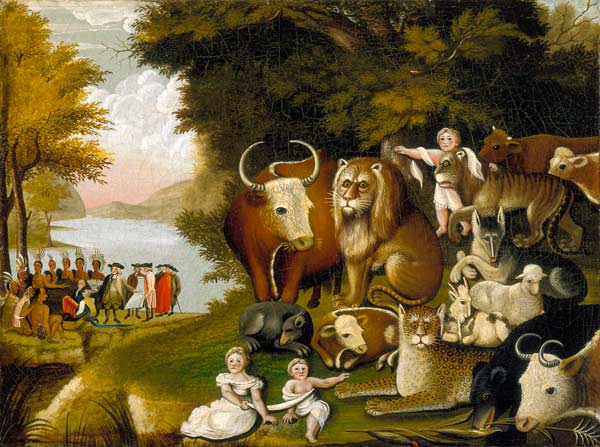Lesson 15: The Beloved Community
I have been trying to show that our visions of the future impact the way we live in the present. The responses I have been receiving reflect the discussion that has taken place ever since the first century. They range from “needing to wait” because there is no way we can realize the promises now, […]











 Frontline Study is an online discussion of the scriptures, inviting you to share your comments and your reflections on each weekly topic. Simply click on the "Add Reply" text at the top of each post to see what others have posted and to add your thoughts.
Frontline Study is an online discussion of the scriptures, inviting you to share your comments and your reflections on each weekly topic. Simply click on the "Add Reply" text at the top of each post to see what others have posted and to add your thoughts.